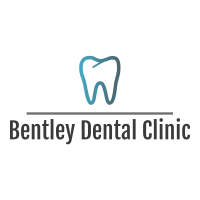Chronic teeth grinding or clenching
What causes teeth grinding or clenching?
People of all ages may grind their teeth and clench their jaws for different reasons, both physical and psychological. These actions can become habitual over time through repetition, to the point that many people continue to grind and clench when they are not aware of it.
Children may grind their teeth due to pain or discomfort resulting from illness and allergies, while adults are more likely to experience bruxism as a result of stress and anxiety.
- Physical dress such as illness, nutritional deficiencies or dehydration
- Psychological Stress, anxiety and tension
- Some studies have shown that night time bruxism is a sleep disorder
- Other abnormal anatomy of the teeth or jaws, such as alignment issues (overbite, underbite or cross bite)
How do I know if I have been grinding my teeth?
Signs and symptoms can include:
- Pain in the teeth
- Sensitivity to heat and cold chronic facial pain with tension headaches, caused by intense muscle contraction the noise,
- Sound noticed by partners, friends or relatives
- flattened and worn tooth surfaces micro fractures of the tooth enamel
- broken or chipped teeth loose teeth with possible damage to the tooth sockets
- stiffness and main in the jaw joint muscles earache or main in the jaw joint
What should I do about teeth grinding or clenching?
If you or someone in your family thinks they grind their teeth or clenches them, you should schedule a visit to your dentist for an assessment. Excessive teeth grinding and clenching can cause teeth to wear down and weaken, making them more prone to damage as well as damaging dental work such as crowns and fillings.
How is teeth grinding treated?
Treatment for mild cases may involve therapies to reduce stress or habits causing jaw clenching and grinding behavior. For more severe cases, x-rays may be required to ascertain the full extent of the problem and damage caused. Oral treatment devices such as splints, mouth guards, braces, or oral surgery may be required for more severe cases.
